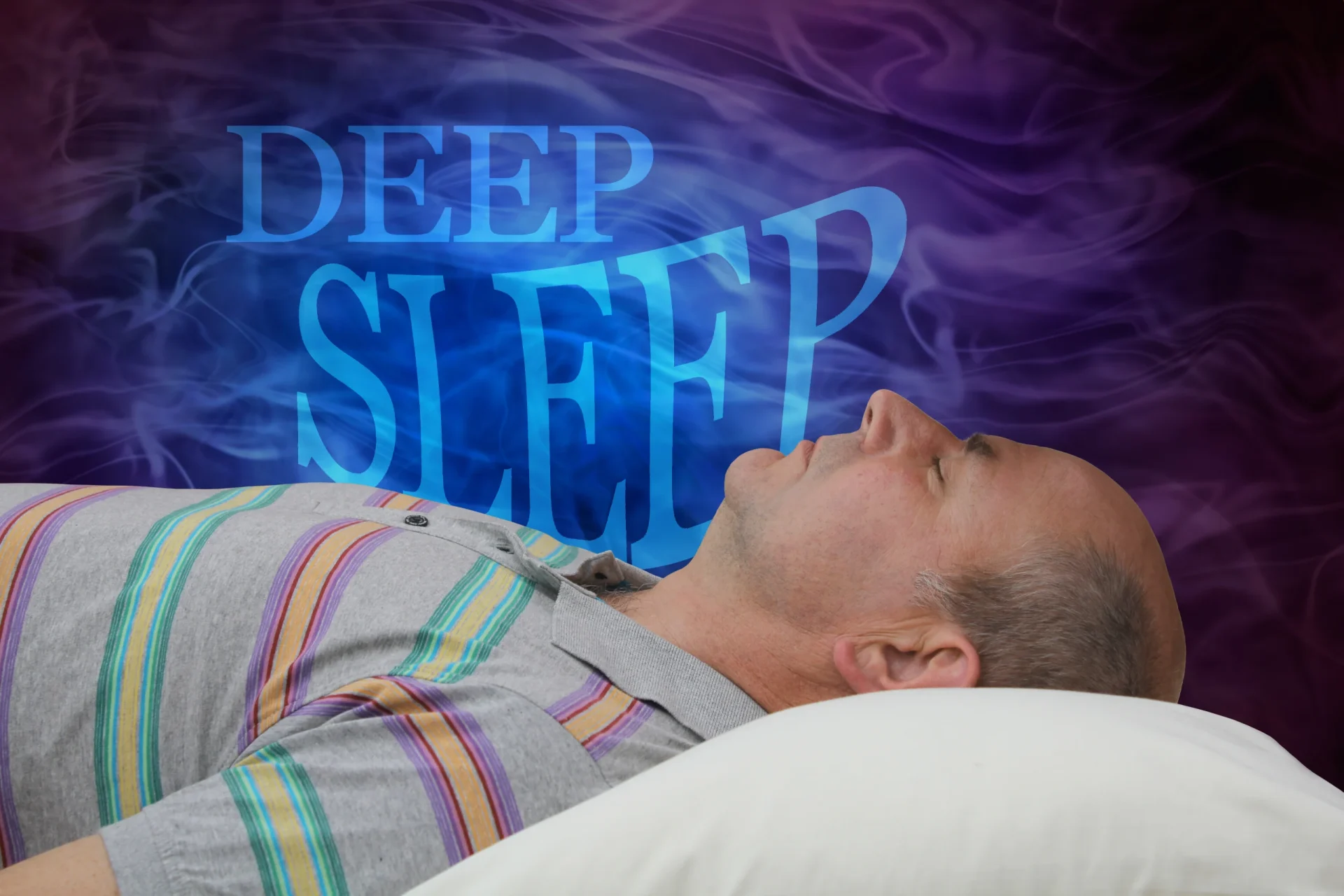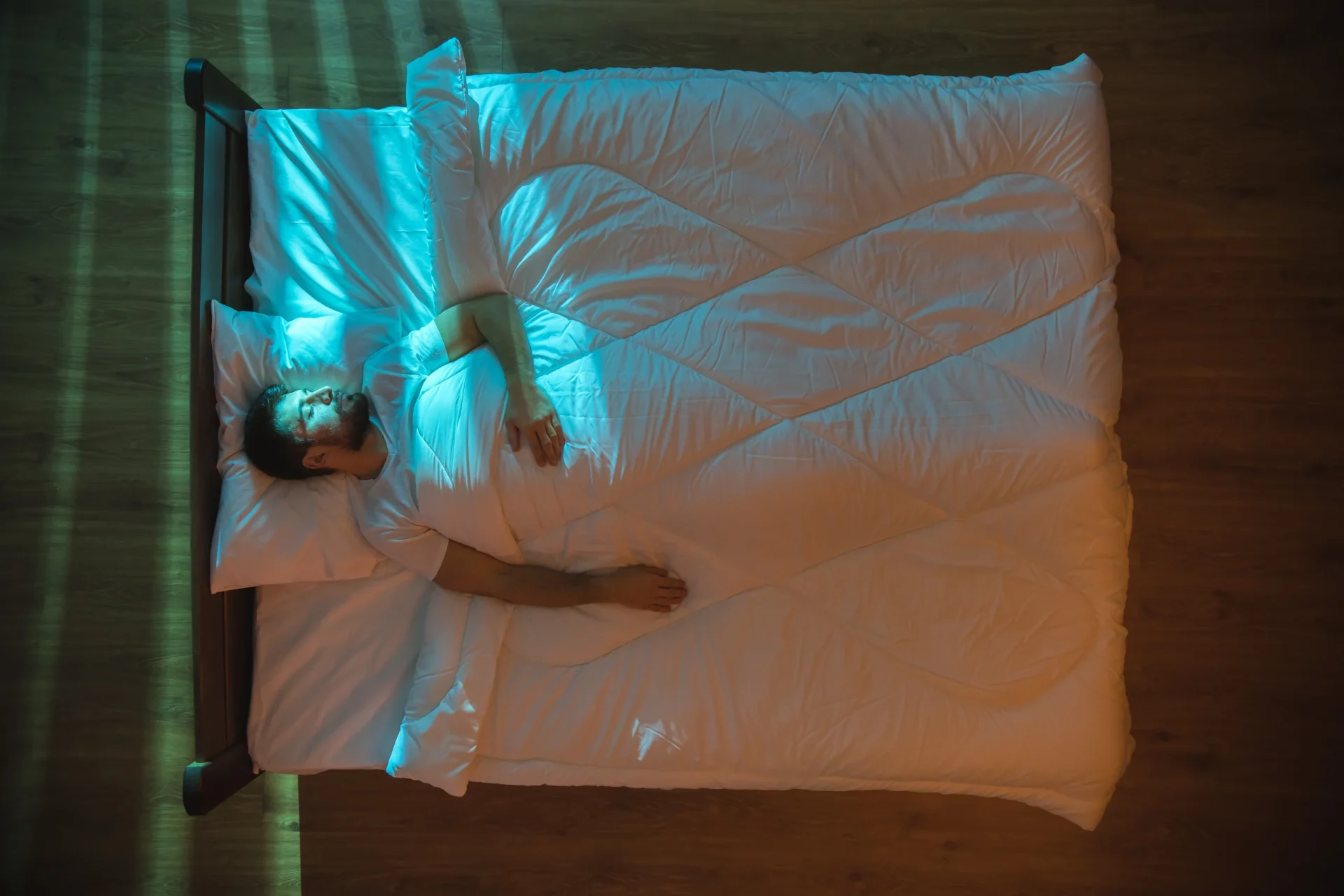Have you ever wondered why we sleep and what happens during our sleep cycles? Sleep is an essential part of our daily routine, and understanding the fascinating intricacies of the human sleep cycle can shed light on its importance. In this blog post, we will explore six intriguing facts about the human sleep cycle, from the stages of sleep to the impact of dreams. So, let’s dive in and discover the secrets of our slumber!n
MyStart: A Fresh Beginning in Every New Tab
1. The Sleep Cycle Consists of Four Stages
 During a typical sleep cycle, our bodies go through four distinct stages: NREM (non-rapid eye movement) stages 1, 2, and 3, and REM (rapid eye movement) sleep. Each stage plays a vital role in the restoration and rejuvenation of our bodies and minds. Stage 1 marks the transition from wakefulness to light sleep, while stage 2 is characterized by a decrease in body temperature and heart rate. Stage 3, also known as deep sleep, is the most restorative phase, promoting tissue repair and growth. Finally, REM sleep, where vivid dreams occur, stimulates brain activity and enhances memory consolidation.
During a typical sleep cycle, our bodies go through four distinct stages: NREM (non-rapid eye movement) stages 1, 2, and 3, and REM (rapid eye movement) sleep. Each stage plays a vital role in the restoration and rejuvenation of our bodies and minds. Stage 1 marks the transition from wakefulness to light sleep, while stage 2 is characterized by a decrease in body temperature and heart rate. Stage 3, also known as deep sleep, is the most restorative phase, promoting tissue repair and growth. Finally, REM sleep, where vivid dreams occur, stimulates brain activity and enhances memory consolidation.
2. The Sleep Cycle Repeats Multiple Times
 Throughout the night, our sleep cycle repeats itself multiple times. On average, a complete cycle lasts around 90 to 120 minutes. As the night progresses, the duration of REM sleep gradually increases, while the time spent in deep sleep decreases. This cyclical pattern allows for the optimal balance between different sleep stages, ensuring our bodies receive the rest they need.n
Throughout the night, our sleep cycle repeats itself multiple times. On average, a complete cycle lasts around 90 to 120 minutes. As the night progresses, the duration of REM sleep gradually increases, while the time spent in deep sleep decreases. This cyclical pattern allows for the optimal balance between different sleep stages, ensuring our bodies receive the rest they need.n
3. Sleep Patterns Vary with Age
 Sleep needs vary across different stages of life. Newborns and infants spend most of their sleep time in REM sleep, which is crucial for their brain development. As we grow older, the amount of deep sleep decreases, and the time spent in lighter sleep stages increases. In elderly individuals, sleep may become fragmented, with more frequent awakenings throughout the night.n
Sleep needs vary across different stages of life. Newborns and infants spend most of their sleep time in REM sleep, which is crucial for their brain development. As we grow older, the amount of deep sleep decreases, and the time spent in lighter sleep stages increases. In elderly individuals, sleep may become fragmented, with more frequent awakenings throughout the night.n
4. Dreams Occur During REM Sleep
 One of the most captivating aspects of the sleep cycle is the occurrence of dreams during REM sleep. During this stage, our brains become highly active, resembling the level of activity when we are awake. This brain activity is believed to be associated with the processing of emotions and memories. Interestingly, it is during REM sleep that most vivid and memorable dreams take place.n
One of the most captivating aspects of the sleep cycle is the occurrence of dreams during REM sleep. During this stage, our brains become highly active, resembling the level of activity when we are awake. This brain activity is believed to be associated with the processing of emotions and memories. Interestingly, it is during REM sleep that most vivid and memorable dreams take place.n
5. Sleep Deprivation Can Have Serious Consequences
 Getting enough quality sleep is essential for our overall health and well-being. Sleep deprivation, whether due to insomnia, lifestyle factors, or other reasons, can have significant consequences. Lack of sleep can impair cognitive functions such as attention, memory, and problem-solving abilities. It can also affect mood, leading to irritability, mood swings, and even depression. Furthermore, chronic sleep deprivation has been linked to an increased risk of various health conditions, including obesity, diabetes, and cardiovascular diseases.n
Getting enough quality sleep is essential for our overall health and well-being. Sleep deprivation, whether due to insomnia, lifestyle factors, or other reasons, can have significant consequences. Lack of sleep can impair cognitive functions such as attention, memory, and problem-solving abilities. It can also affect mood, leading to irritability, mood swings, and even depression. Furthermore, chronic sleep deprivation has been linked to an increased risk of various health conditions, including obesity, diabetes, and cardiovascular diseases.n
6. Sleep Needs Vary Among Individuals
 While there are recommended sleep duration guidelines for different age groups, it is important to remember that sleep needs can vary among individuals. Some people may feel refreshed and energized with 7 hours of sleep, while others may require 9 hours to function optimally. It is crucial to listen to your body’s signals and prioritize quality sleep that meets your individual needs.n
While there are recommended sleep duration guidelines for different age groups, it is important to remember that sleep needs can vary among individuals. Some people may feel refreshed and energized with 7 hours of sleep, while others may require 9 hours to function optimally. It is crucial to listen to your body’s signals and prioritize quality sleep that meets your individual needs.n
The human sleep cycle is a fascinating and complex process that plays a crucial role in our overall well-being.
nFrom the distinct stages of sleep to the impact of dreams, understanding these intriguing facts about the sleep cycle can help us appreciate the importance of a good night’s rest. So, make sleep a priority, create a relaxing bedtime routine, and give your body the rest it deserves for a healthier and happier life. Sweet dreams!
MyStart: A Fresh Beginning in Every New Tab










